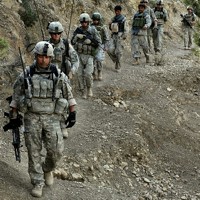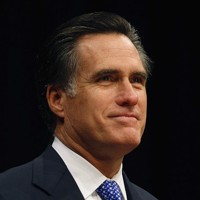
On Wednesday, the Securities and Exchange Commission narrowly approved reporting rules intended to curb corruption in resource extraction and to combat human rights abuses in the Democratic Republic of Congo. Section 1502 of the Dodd-Frank Act, also called the “conflict minerals provision,” requires that companies determine the origin of the metals they use and disclose whether they contain minerals from conflict zones, including the DRC and neighboring African countries.* “The SEC’s ruling is one more important piece of the puzzle to resolving the conflict in eastern Congo,” Sasha Lezhnev, senior policy analyst at the Washington-based human rights organization Enough, told […]





